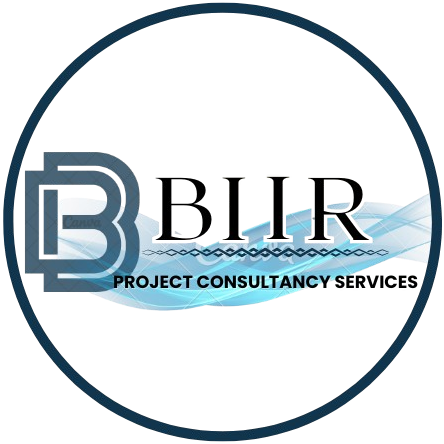Risk Management Strategies for New Businesses
Risk is an inherent part of starting a new business. From financial uncertainties to market fluctuations, new entrepreneurs face a range of potential risks that can impact their success. Effective risk management is crucial for navigating these challenges and ensuring the long-term viability of your business. At BIIR Projects, we specialize in helping startups develop and implement robust risk management strategies tailored to their unique needs.
Understanding Risk Management
Risk management involves identifying, assessing, and prioritizing risks, followed by the application of resources to minimize, monitor, and control the impact of these risks. For new businesses, a proactive approach to risk management is essential to avoid costly setbacks and ensure smooth operations.
Key Components of a Risk Management Strategy
- Risk Identification: Identify potential risks that could impact your business. These may include financial risks, operational risks, legal risks, and market risks.
- Risk Assessment: Evaluate the likelihood and potential impact of each identified risk. This helps prioritize risks and focus on those that could have the most significant effect on your business.
- Risk Mitigation: Develop strategies to reduce the likelihood of risks occurring or to minimize their impact if they do occur. This may involve diversifying revenue streams, securing adequate insurance, or implementing contingency plans.
- Risk Monitoring: Continuously monitor risks and the effectiveness of your mitigation strategies. Regular reviews allow you to adjust your approach as new risks emerge or as existing risks evolve.
- Crisis Management Planning: Prepare for worst-case scenarios by developing a crisis management plan. This plan should outline the steps to take in response to a major risk event, including communication strategies, resource allocation, and recovery plans.
Common Risks Faced by New Businesses
- Financial Risks: These include cash flow issues, inadequate funding, and fluctuating revenue. Managing financial risks often involves careful budgeting, securing sufficient capital, and maintaining a healthy cash reserve.
- Operational Risks: These include risks related to daily operations, such as supply chain disruptions, equipment failures, or workforce challenges. Mitigating operational risks involves ensuring reliable suppliers, maintaining equipment, and investing in employee training.
- Market Risks: These include changes in customer preferences, increased competition, or economic downturns. Understanding your market and remaining agile in your business strategy can help mitigate market risks.
- Legal Risks: These include potential legal disputes, regulatory changes, or compliance issues. Mitigating legal risks involves staying informed about relevant laws, maintaining proper documentation, and consulting with legal professionals as needed.
The Role of Insurance in Risk Management
Insurance is a key tool in risk management, providing financial protection against specific risks. Common types of insurance for startups include:
- General Liability Insurance: Covers legal expenses and damages in case of lawsuits related to injuries or property damage.
- Professional Liability Insurance: Protects against claims of negligence or errors in professional services.
- Property Insurance: Covers damage to business property due to events like fire, theft, or natural disasters.
- Business Interruption Insurance: Provides coverage for lost income if your business is unable to operate due to a covered event.
How BIIR Projects Can Help
BIIR Projects offers comprehensive risk management services tailored to the needs of startups. Our experts work with you to identify potential risks, assess their impact, and develop effective mitigation strategies. We provide ongoing support to ensure that your risk management plan evolves with your business, helping you navigate challenges and seize opportunities with confidence.

